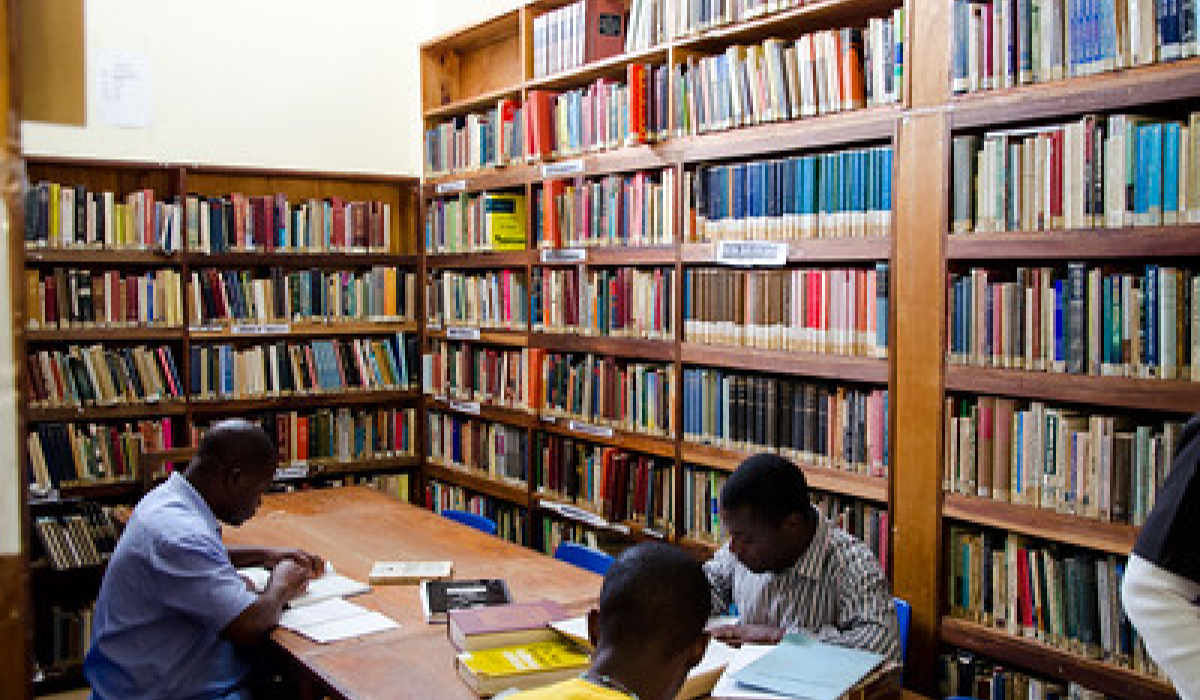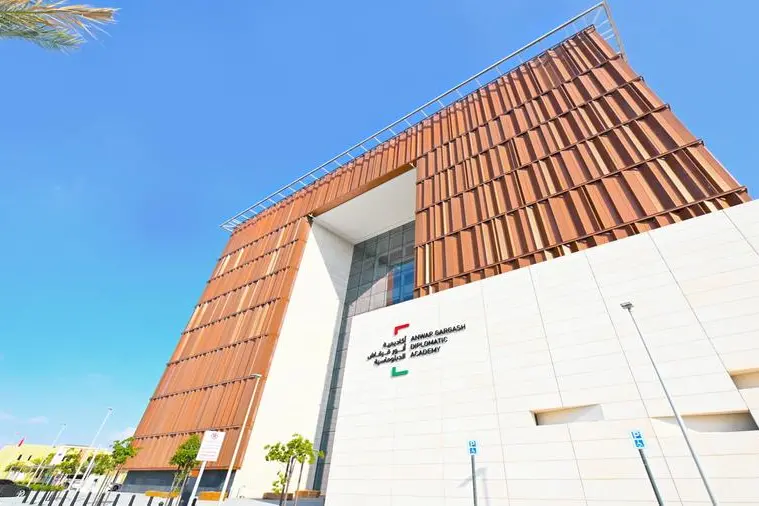ACCORD in collaboration with the African Unions (AU) Youth for Peace (Africa) programme (Y4P), hosted an intergenerational dialogue (IGD) on Knowledge management in the Youth, Peace and Security (YPS) agenda. This virtual IGD, which took place on 2 December 2022, was the sixth and final dialogue in the series, which sort to explore the five cross-cutting issues that influence the effective involvement of the youth in all levels of peace and security. The previous IGDs in the series included exploring topics such as; gender mainstreaming, inclusivity, capacity building and communication.
The panel of experts included Ms Raïssa Roeaneba Zoungrana, an African Leadership Centre Researcher and Developmental Economist; Ms Adeline Dontstop Meinang, the Sub Director of Promotion of National Integration in the Ministry of Youth and Civic Education; Ms Cynthia Chigwenya, the African Youth Ambassador for Peace Southern African Region; Dr Rhuks Ako, the Youth for Peace Programme Coordinator; and Dr Andrea Prah, ACCORD’s Researcher. ACCORD’s Programme Officer, Ms Savannah Wilmot and research consultant Professor Charles Ukeje co-moderated the dialogue.
The IGD created a platform to unpack the importance of knowledge management amongst the youth and to discuss how effective knowledge management can contribute to the YPS agenda. Moreover the dialogue allowed the panellists to identify the challenges around knowledge management in YPS. Language was identified as one of the challenges, as most information distributed are published in English. This language barrier limits youth participation and hampers their efforts to engage with information or even publish themselves. Furthermore, the issue of lack of access to information restricts the youth’s involvement in policy making processes.
The panellists raised a need to engage the youth in their own creative spaces and to enhance the accessibility of information through more popular platforms such as social media and video podcasts. Other insights included the need for activism to be substantiated with information and knowledge that is backed up by evidence and research. A further point captured was the need for the systematic documentation of knowledge management, which assists in a reflective process and on the various avenues that are available for strengthening the YPS agenda. Finally, panellists spoke about the need to harness empirically grounded knowledge and use it at the right time in order to effectively and timeously communicate with the right stakeholders when rallying support for YPS issues.
This IGD series has contributed greatly to increasing the understanding of the five cross cutting issues that affect youth involvement within peace and security matters. ACCORD remains committed in creating platforms such as these dialogues, in efforts to strengthen the role of that youth play in peace and security on the continent.








